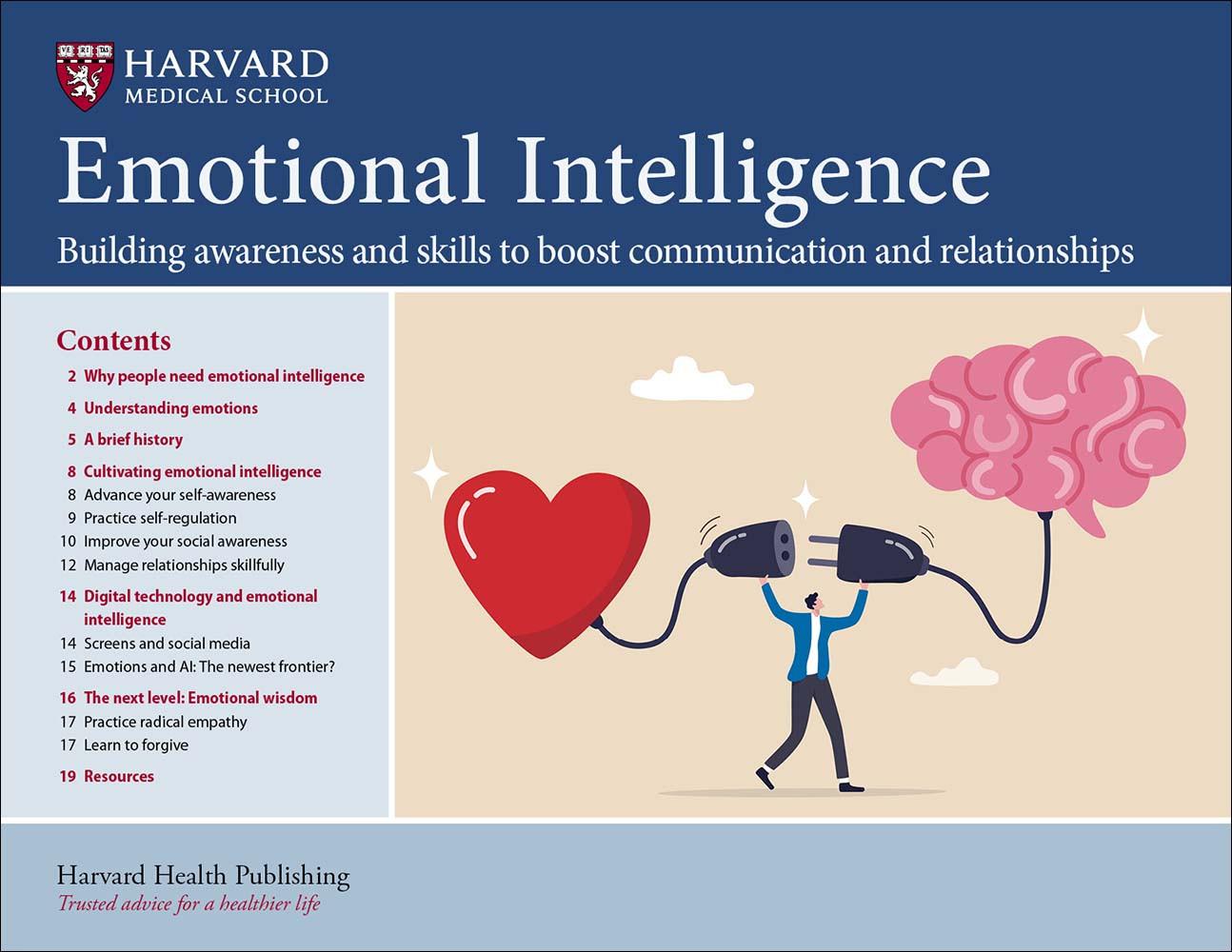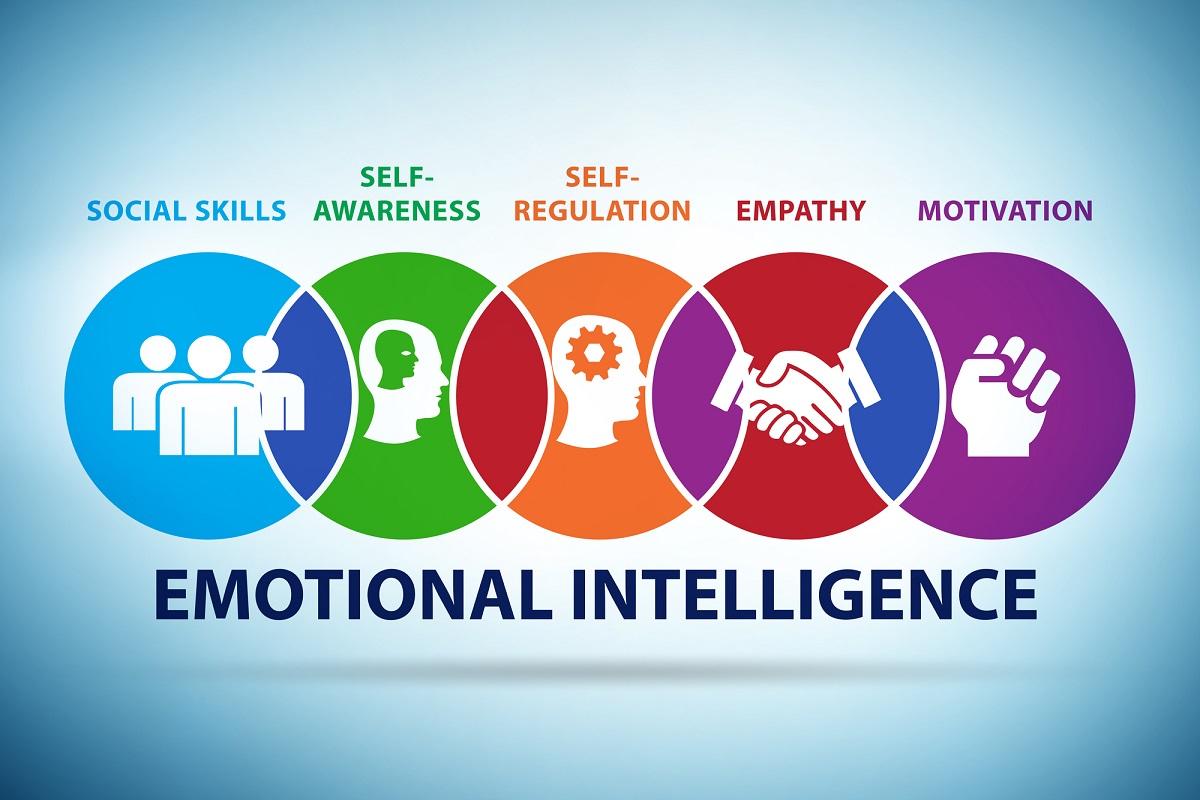In today’s fast-paced and interconnected world, the key to unlocking personal and professional success often lies not in technical skills or academic achievements, but in the realm of emotional intelligence. This invaluable skill set, encompassing self-awareness, empathy, and effective communication, empowers individuals to navigate complex social landscapes, foster meaningful relationships, and make informed decisions under pressure. Developing emotional intelligence is not an innate talent reserved for a select few; it is a learnable and essential skill that can transform your approach to challenges and opportunities alike. In this article, we will delve into practical strategies and actionable insights to cultivate emotional intelligence, enabling you to harness its power for unparalleled success in every facet of life. Emotional Intelligence“>
Emotional Intelligence“>
Understanding the Core Components of Emotional Intelligence
To truly harness the power of emotional intelligence, it’s crucial to delve into its core components. These components serve as the building blocks for cultivating this essential skill. Self-awareness is the foundation, enabling individuals to recognize their emotions and the effects they have on thoughts and behavior. This leads to self-regulation, which involves managing one’s emotions in healthy ways, taking initiative, and following through on commitments. It’s about keeping disruptive emotions and impulses in check.
- Empathy: This component allows you to understand and share the feelings of others, fostering deeper connections and improving communication.
- Social Skills: These are crucial for managing relationships, inspiring others, and effectively navigating social networks. Proficiency in social skills aids in building rapport and finding common ground.
- Motivation: A passion for work that goes beyond money and status. It’s about striving for the best, remaining optimistic even in the face of failure, and setting goals that align with personal values.
By focusing on these components, you can enhance your emotional intelligence and set yourself up for personal and professional success.

Mastering Self-Awareness for Personal Growth
Developing emotional intelligence is a transformative journey that begins with a deep dive into your own emotions and reactions. To embark on this path, start by cultivating mindfulness. This involves paying close attention to your thoughts and feelings in the present moment without judgment. Engage in regular self-reflection to identify patterns in your emotional responses and understand the underlying causes. This practice not only heightens your self-awareness but also equips you to manage emotions more effectively.
Here are some practical strategies to enhance your emotional intelligence:
- Practice Active Listening: Focus on truly understanding others’ perspectives without immediately formulating your response.
- Embrace Empathy: Put yourself in others’ shoes to better comprehend their emotions and viewpoints.
- Improve Self-Regulation: Develop techniques to control impulsive feelings and behaviors, such as deep breathing or counting to ten.
- Seek Feedback: Encourage honest feedback from trusted peers or mentors to gain insight into how your emotions affect those around you.

Enhancing Empathy to Strengthen Relationships
Developing emotional intelligence involves understanding and sharing the feelings of others, which is crucial for nurturing meaningful connections. To enhance empathy, start by actively listening. This means giving your full attention, without interrupting, and acknowledging the speaker’s emotions. Practice mindfulness to stay present and better attune to others’ emotional states. Recognize your own emotional triggers and manage them effectively to avoid projecting onto others.
- Cultivate curiosity about others’ perspectives.
- Engage in reflective listening to confirm understanding.
- Express genuine interest in people’s experiences.
By embracing these practices, you not only foster deeper relationships but also create an environment where everyone feels valued and understood.

Applying Emotional Regulation Techniques for Professional Success
Mastering the art of emotional regulation can be a game-changer in your professional life. By learning to manage your emotions effectively, you can enhance decision-making, improve relationships, and boost your overall productivity. Here are some key techniques to help you harness this skill:
- Mindfulness Meditation: Practice being present in the moment to increase awareness of your emotional state. Regular mindfulness exercises can reduce stress and improve focus, which are essential for maintaining composure in high-pressure situations.
- Cognitive Reappraisal: Challenge and reframe negative thoughts by looking at situations from different perspectives. This technique can help you respond to challenges with a more positive and constructive mindset.
- Breathing Techniques: Implement deep breathing exercises to calm your nervous system during moments of tension. Controlled breathing helps lower cortisol levels, enabling you to maintain clarity and poise.
- Emotional Journaling: Write down your feelings and reflect on your emotional responses. This practice allows you to identify patterns, understand triggers, and develop strategies to manage emotions more effectively.
Incorporating these techniques into your daily routine will not only enhance your emotional intelligence but also pave the way for achieving professional success with confidence and resilience.




